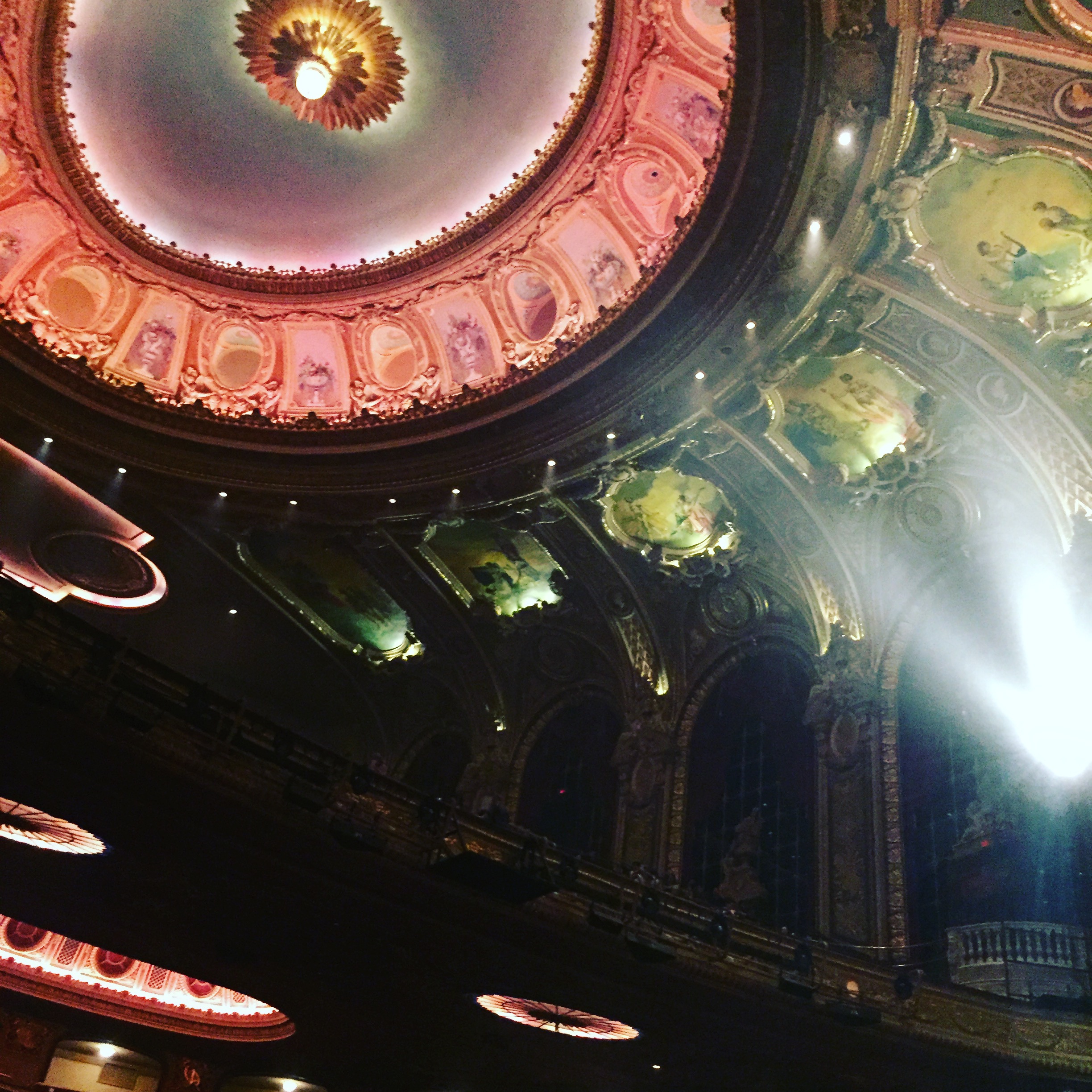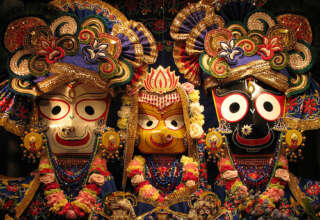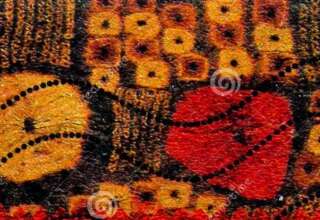
But Mandela was no ordinary country boy: he remained the son of a chief. His princely style could strike chords with white as well as black South Africans; and in Britain it could even help to reassure the Queen. He could evoke an earlier era when monarchs were identified with their people and there was no distinction between the imagery and the reality of kingship. Mandela’s monarchic instincts could have drawbacks in running a complicated industrial state beset with economic· problems and urgently in need of modern management. He could be devastatingly candid about his government’s shortcomings, but he seemed in no hurry to rectify them. In his detachment from bureaucracies and diplomatic complexities, from economists or man agers, Mandela sometimes seemed to belong more to the nineteenth than to the twenty-first century.
It might be that Nelson Mandela has taught us something about how to meld the premodern world of the 19th Century with the postmodern world of the 21st Century. How do you bring the lessons of a traditional African community with chiefs, ceremonies, rituals, ancestors, many spiritual forms and a rich three-tiered cosmology into the 21st Century world of globalization? What must we do to make Theory A applicable in a world that contains and supports a dangerous combination of interdependence and competition (Friedman, 2005, Smick, 2008; Bergquist, 2021)? This is the real challenge of Theory A—and Nelson Mandela can help us addresses this challenge—as a deceased “ancestor” who still lives in our 21st Century heart and head.
Civic Religion
One place to look for this new blend other than in the life and work of Nelson Mandela is in the vision of a society based on something called “civic religion.” It is in the model of communitarianism, in the engagement of ritual to fortify collective commitments, and in the life led by Nelson Mandela that we once again find the Theory A blurring of boundaries between the sacred and the secular.
The term “civic religion” is sometimes used to portray this blurring. I would suggest that Theory A is founded on this notion of civic relation, whether applied to leadership in a community or leadership in an organization. Building on the work of the noted American sociologist, Robert Bellah (2005), Olupuna offers the following definition and description of “civic religion” as it exists in African society:










Charly Wiliamse
August 16, 2021 at 10:23 pm
I have thought so many times of entering the blogging world as I love reading them. I think I finally have the courage to give it a try. Thank you so much for all of the ideas!
power bi course
December 7, 2021 at 7:29 am
Thanks for sharing information.